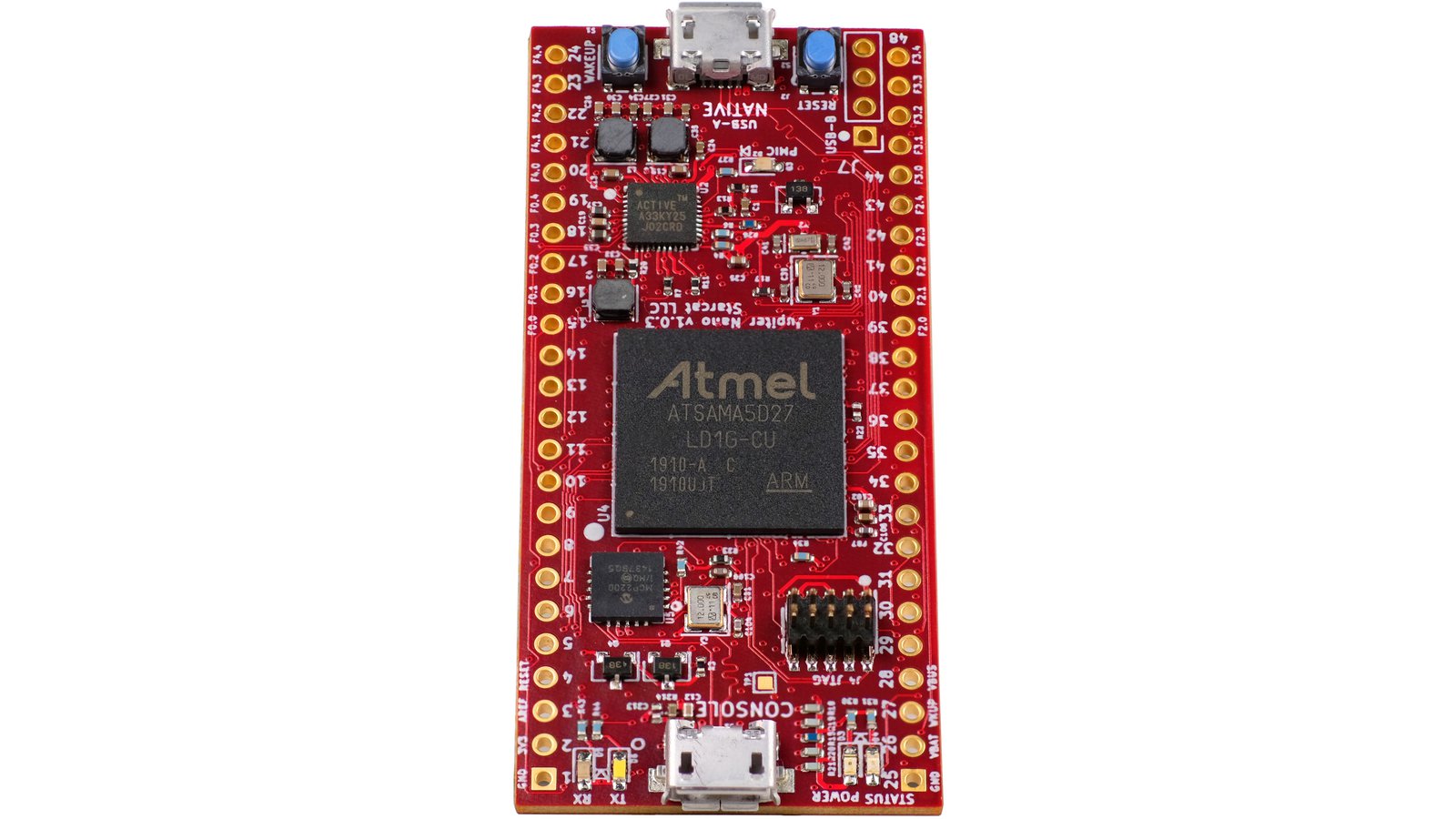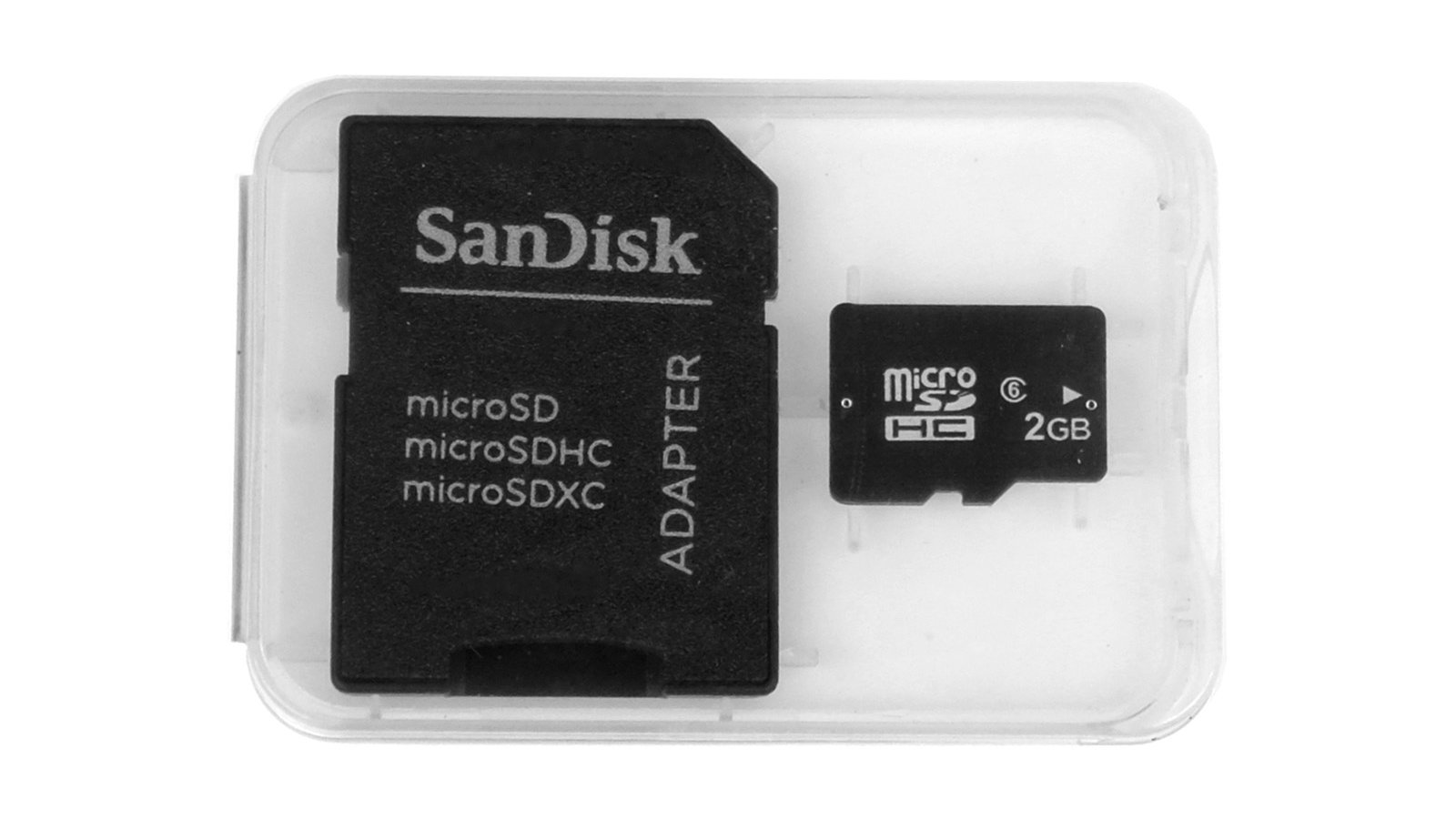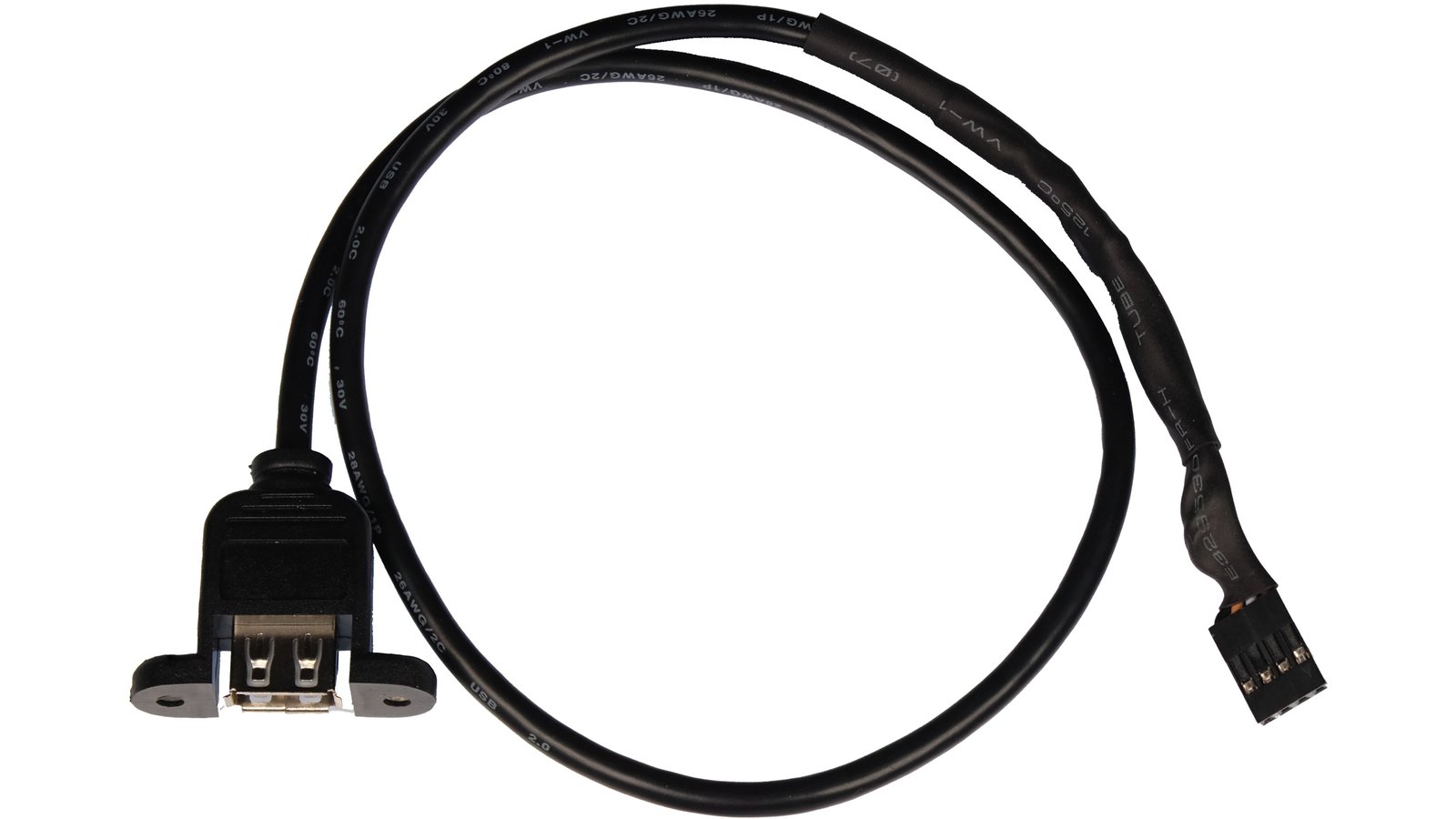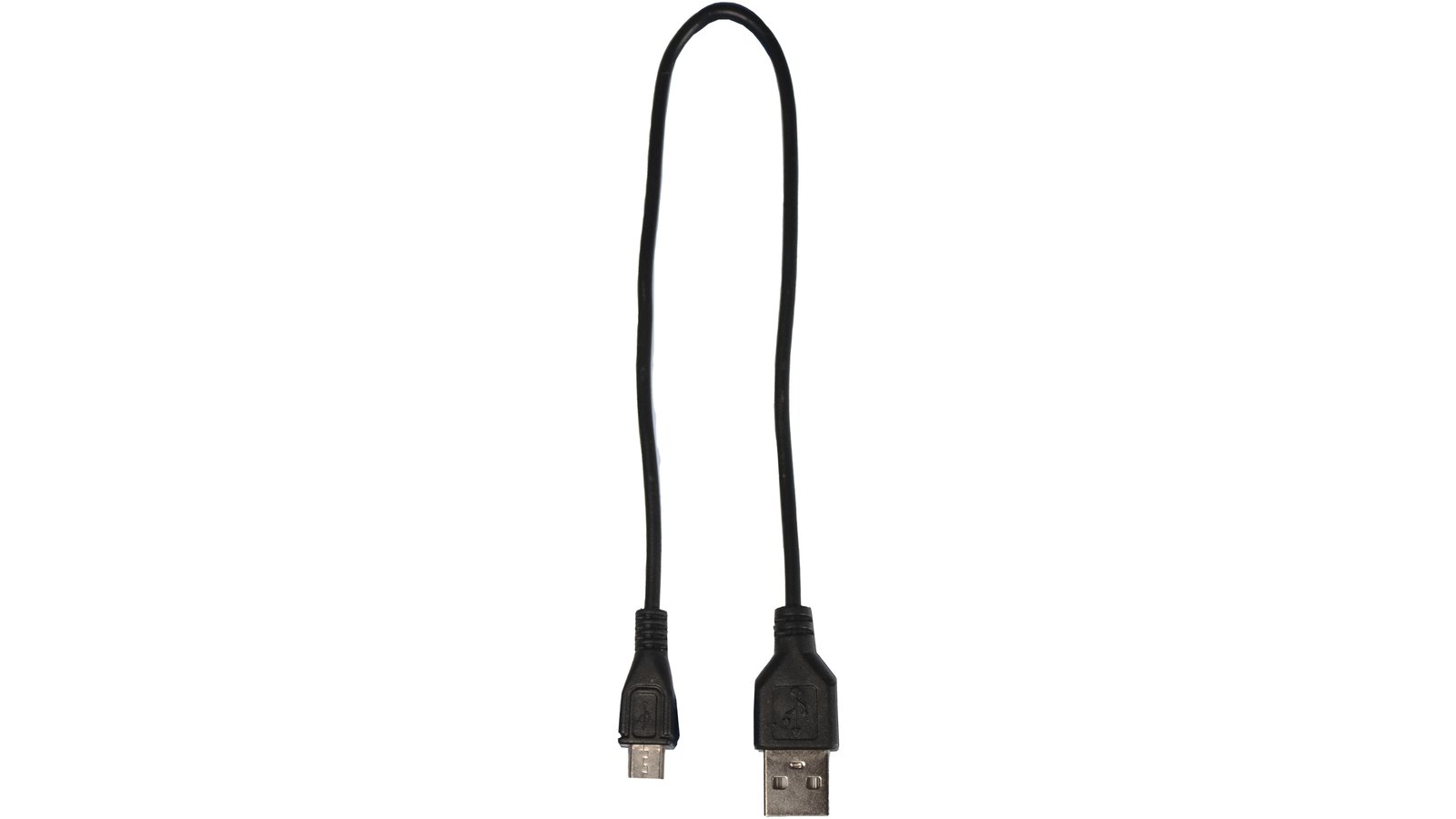Starcat
Embedded Linux Boards
Qorvo
Jupiter Nano
Tiny, high-performance computer that runs Linux or the NuttX real-time operating system
Funding ended on Sep 09, 2021 at 04:59 PM PDT.
Starcat
Embedded Linux Boards
Qorvo
Funding ended on Sep 09, 2021 at 04:59 PM PDT.
Jupiter Nano is an open-hardware, ARM-based development board that runs the NuttX RTOS or Linux. It has a tiny, 48-pin form factor—similar in size to the Teensy 4.1, at 2.86 x 6.35 cm (1.125 x 2.5 in)—and its SAMA5D27C-LD1G microprocessor is 10x more powerful than the Arduino Due.
Jupiter Nano is perfect for Arduino users who need a tiny, powerful computer with a fast CPU, plenty of RAM, an Internet-connected real time operating system (NuttX), or all of the above. It should also be attractive to Linux users who need a small, open-hardware computer with lots of I/O and support for high-speed networking. A board this small and this powerful is suitable for a nearly endless list of possible applications.
Massive, fast storage: microSD cards with up to 1 TB (a terabyte!) of storage are available these days, as are special-purpose microSD cards that allow you to write data at high speeds. And because Jupiter Nano boots from its microSD card, it can’t be "bricked" (stuck in an unbootable, unfixable state). If something bad happens to the contents of your microSD card, all you have to do is reformat it and try again.
Lots of sensor or device connections: Jupiter Nano is a capable robot controller with the following interfaces: 5 SPI, 5 TWI, 4 USART, 1 CAN, and 1 I²SC. The USARTs can handle the RS-232, RS-485, and LIN protocols. This is made possible by the SAMA5D27C’s special Flexcom peripherals which can be individually configured to do any of these jobs. Jupiter Nano also uses DMA so its processor doesn’t have to do a lot of work to get data into or out of the chip.
Motors, audio, and lighting: If you need to control motors or lighting directly, there are 6 PWM outputs for that purpose. The I²SC interface can drive digital audio amplifiers, and there is one channel of Class D amplified PWM audio capable of driving an analog amplifier directly. Five 12-bit analog-to-digital converter (ADC) channels will help you digitize analog signals or analog audio. So if you’ve got sensors, screens, sound systems, or motor controllers to talk to, this tiny board has you covered.
Built-in development interfaces: Jupiter Nano has an on-board USB-to-UART converter, so you can just connect a USB cable to log in to the main console or read system logs and error messages. It has a mini-JTAG connector as well, so you can plug in a hardware debugger – essential for getting to the bottom of subtle bugs.
Encryption: Finally, Jupiter Nano includes dedicated crypto hardware, to handle intensive encryption operations, and a true random number generator (TRNG) that allows it to create stronger encryption keys.
Despite its diminutive size, Jupiter Nano is suitable for a huge variety of applications. It has what you need if you’re looking for:
| Jupiter Nano | Teensy 4.1 | Raspberry Pi Zero W | Raspberry Pi Pico | Arduino Nano | |
|---|---|---|---|---|---|
| Manufacturer | Starcat | PJRC | Raspberry Pi Foundation | Raspberry Pi Foundation | Arduino |
| CPU architecture | ARM | ARM | ARM | ARM | AVR |
| CPU | SAMA5D27C-LD1G | i.MX RT1060 | BCM2835 | RP2040 | ATMega328 |
| Open Source | HW+SW | SW | SW | SW | HW+SW |
| Runs NuttX RTOS | Yes | No | No | No | No |
| RAM | 128 MB | 1 MB | 512 MB | 264 KB | 2 KB |
| LiPo battery charger | Yes | No | No | No | No |
| TCP/IP stack | Yes (Linux and NuttX RTOS) | No | Yes | No | No |
| Dedicated USB Console | Yes | No | No | No | Yes |
| USB interface | 2x USB 2.0 High Speed, 1x USB 2.0 Full Speed | 2x USB 2.0 High Speed | 1x USB 2.0 High Speed | 1x USB Full Speed | 1x USB Full Speed |
| Flash | SD card | 8 MB | SD card | 2 MB | 32 KB |
| Clock Speed | 498 MHz | 600 Mhz | 1 GHz | 133 MHz | 16 Mhz |
| SD card slot | Yes | Yes | Yes | No | No |
| Total pins | 48 | 42 | 40 | 40 | 30 |
| I/O pins | 41 | 36 | 28 | 28 | 24 |
| Runs Linux | Yes | No | Yes | No | No |
| Runs MicroPython | Yes | Yes | No | Yes | No |
| Runs Arduino API | No | Yes | No | No | Yes |
| SPI ports | 6 | 3 | 2 | 2 | 1 |
| I²C ports | 5 | 3 | 2 | 2 | 1 |
| USARTs | 4 | 8 | 0 | 1 | 1 |
| I²S port | 1 | 1 | 0 | 0 | 0 |
| CAN bus ports | 1 | 3 | 0 | 0 | 0 |
| ADC pins | 5 | 18 | 0 | 4 | 8 |
| PWM pins | 6 | 35 | 0 | 0 | 0 |
| Wi-Fi | External ¹ | No | Yes | No | No |
| Debugging connector | JTAG | No | No | SWD | No |
¹ Via Raspberry Pi Zero W acting as a Wi-Fi adapter
Our GitHub repository includes the Jupiter Nano hardware design files, in KiCAD format, and various software tools, including scripts to build U-Boot, Linux, and a Debian Linux file system. Instructions are coming soon! Meanwhile, if you have a question, you can reach us using the Ask a technical question form on our campaign page.
The Jupiter Nano printed circuit boards (PCBs) will be manufactured in China and electrically tested there before being shipped to the USA, where they will undergo additional testing. Components come from US-based distributors. We already have fully operational units that are identical to what will be manufactured during the production run of Jupiter Nano, so the board design has been validated. We have validated the supply chain, as well, using a US-based manufacturer. The board will be assembled 100% by robots, and all of its components are surface-mount.
Once the Jupiter Nano boards are manufactured, they will be shipped to Starcat in Seattle, Washington, USA. We will do second-stage testing, then pack them up and send them along to Crowd Supply’s fulfillment partner, Mouser Electronics, who will ship them out to backers worldwide – handling any customs clearance for approved countries. You can learn more about Crowd Supply’s fulfillment service under Ordering, Paying, and Shipping in their guide.
Due in part to COVID-19, the world is experiencing a chip shortage. This affects Jupiter Nano in the following ways:
It is possible that a resurgence of COVID-19 in the USA or China could affect PCB manufacture or board assembly. Currently COVID-19 is under control in these areas and manufacturers are operating at full capacity, but this could change, causing delays. If such delays occur, and are bad enough, we will validate and use a different manufacturer that is unaffected.
Earlier this year, our manufacturer was affected by a hurricane that caused power outages. The facility was not damaged, but getting it back online took several weeks. If this were to happen again, it could cause delays. Fortunately, we believe this to be unlikely.
Our manufacturing partners could make mistakes during Jupiter Nano production, but the PCBA manufacturer’s warranty covers both fabrication and assembly, and all boards will undergo testing before they are shipped. Nonetheless, errors like this could cause delays. Since we have validated the design that will be used in production, however, we consider this to be a low risk.
Starcat is a small company, so an illness affecting one or more key members of our team could cause delays. While we are all healthy at the moment, we lack the level of "redundancy" that might prevent a scenario like this from causing delays. Should such delays occur, we would of course reach out through a campaign update and provide revised delivery estimates (or offer refunds if necessary). That said, the Jupiter Nano design is fully validated and our prototypes are fully operational, so the only remaining work is manufacturing and testing, which will be carried out by third-party providers. As a result, consider this to be a low risk.
Produced by Starcat in Seattle, WA.
Sold and shipped by Crowd Supply.

High-performance SAMA5D27C-LD1G development board that runs Linux or NuttX
Want to buy this item? Check the current project page for the latest information.

A 2 GB microSD card, pre-loaded with NuttX or Linux, ready to boot your Jupiter Nano
Want to buy this item? Check the current project page for the latest information.

Native USB Port B Panel mount cable - Female USB Type-A to female IDC header connector
Want to buy this item? Check the current project page for the latest information.

A Micro-USB to USB Type-A cable chosen for the fit of its connector housing
Want to buy this item? Check the current project page for the latest information.

High-performance SAMA5D27C-LD1G development board that runs Linux or NuttX
Want to buy this item? Check the current project page for the latest information.